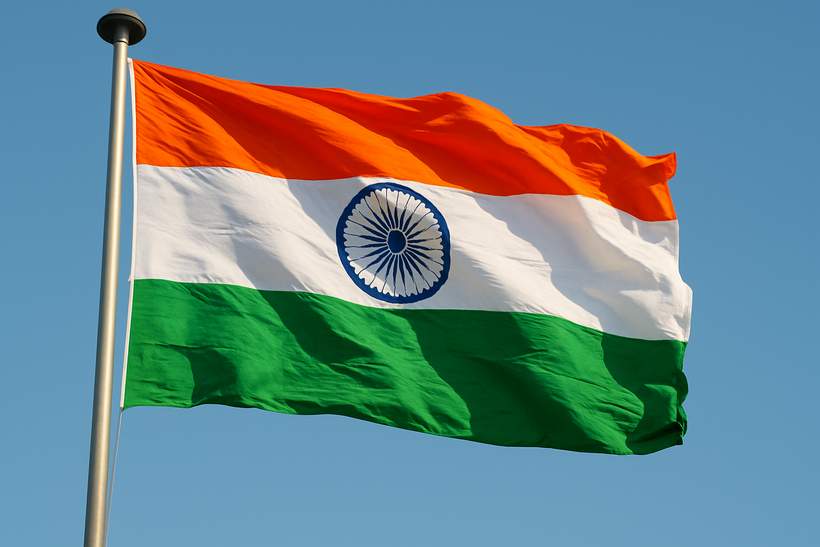India’s Supreme Court Takes Charge of Gaming Ban Disputes

India Enacts Ban on Real-Money Online Gaming
In August, the Indian government passed the Promotion and Regulation of Online Gaming Bill, 2025, which effectively halted the thriving real-money online gaming industry. This move marked a significant shift in the country’s approach to online gaming, which until then had allowed skill-based games to operate under legal exemptions despite strict gambling laws.
Previously, India’s gaming market had grown substantially, fueled by games that combined skill with real-money stakes. Industry forecasts anticipated the market to reach a value of around $3.6 billion by 2029. However, the recent legislative action has cast uncertainty over these predictions.
Supreme Court Consolidates All Legal Challenges
The Supreme Court of India has taken a decisive step by bringing all legal challenges against the gaming ban under its jurisdiction. This consolidation aims to streamline the judicial process, given the similarity among several pending petitions across various high courts, including those in Madhya Pradesh, Karnataka, and Delhi.
With the Supreme Court’s intervention, these cases will no longer be handled by regional high courts, ensuring a unified and expedited review of the constitutional issues raised by the ban.
Solicitor General Tushar Mehta has highlighted parallels to earlier disputes related to the imposition of a 28% Goods and Services Tax (GST) on online gaming, which were also examined by the courts.
Ongoing Concerns and Industry Response
Indian lawmakers have consistently expressed concerns over the potential harms of real-money online gaming, citing risks such as addiction and financial losses. The government also raised allegations linking top gaming platforms to money laundering activities.
Despite these concerns, industry representatives argue that the ban undermines a profitable sector that provides significant employment opportunities, contributes to the economy, and supports the sports industry. They have strongly opposed the ban, emphasizing the negative impacts it may have on the broader gaming ecosystem in India.